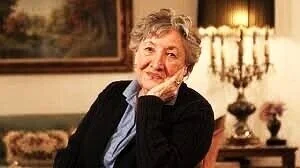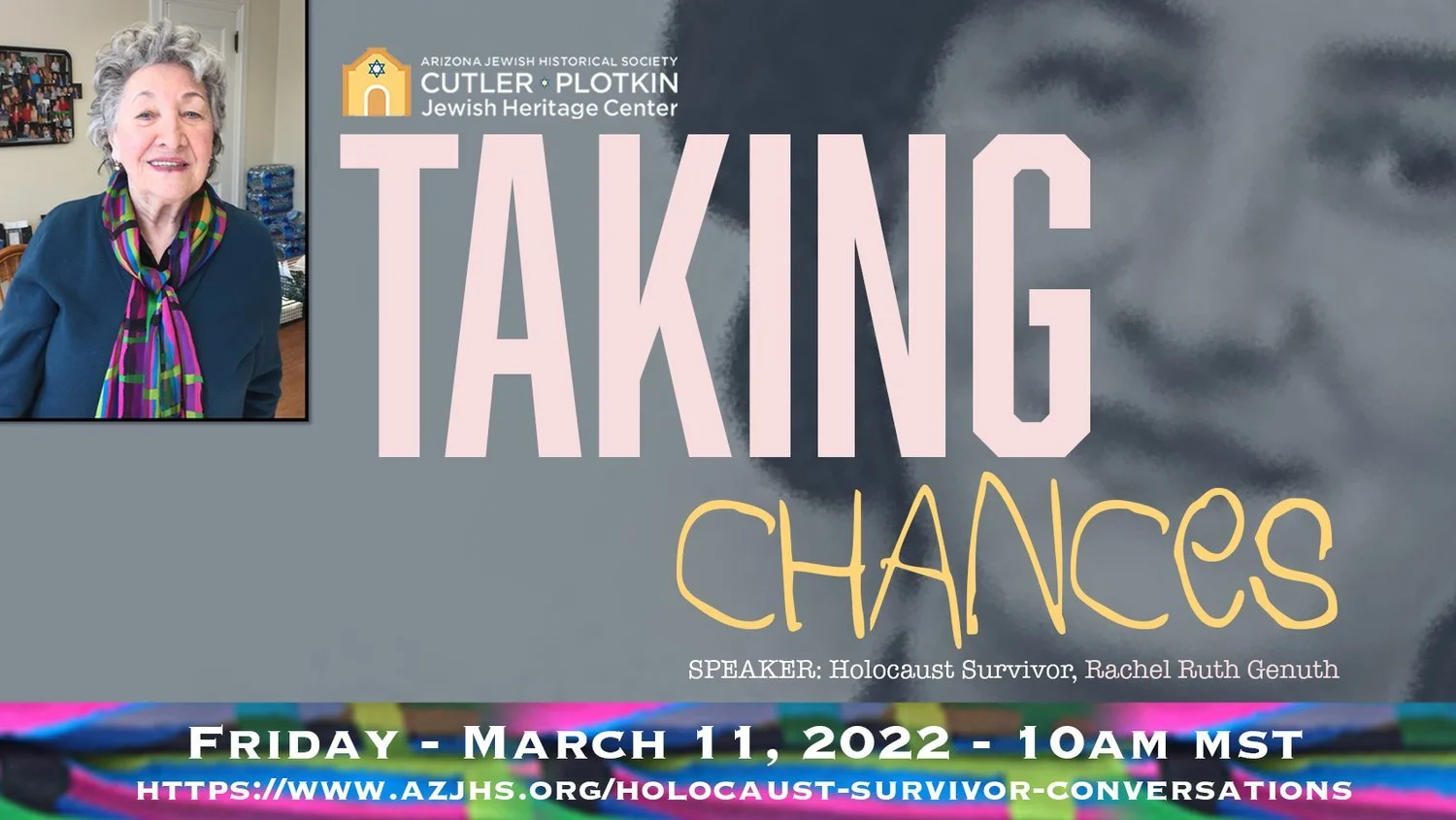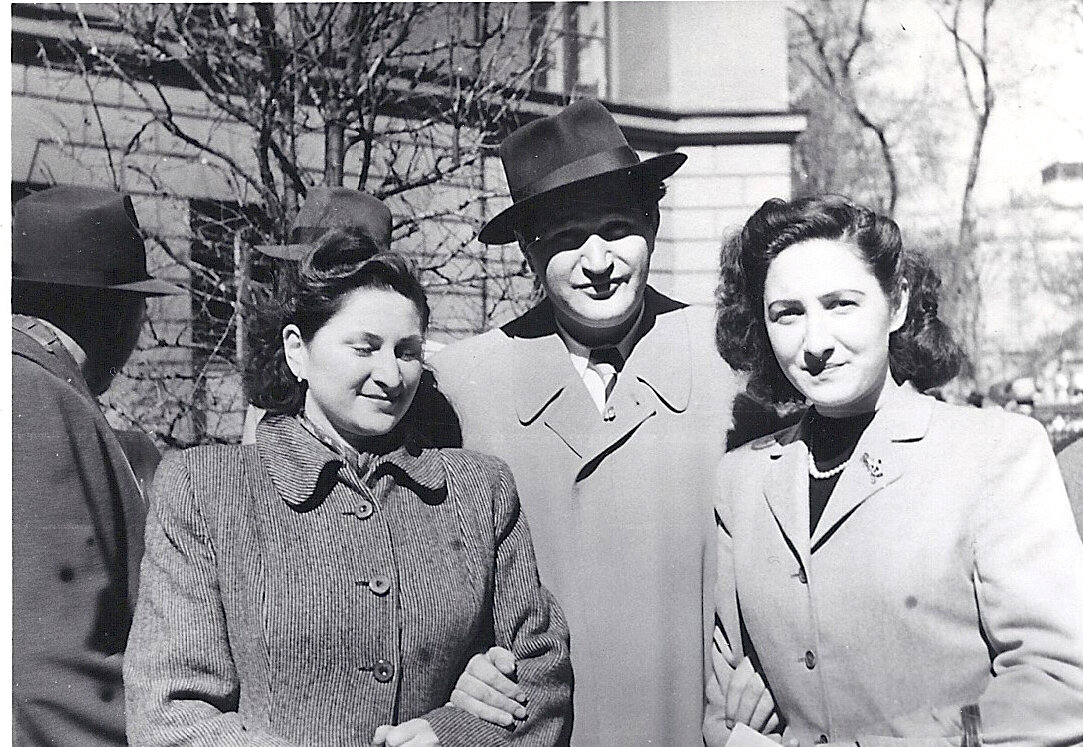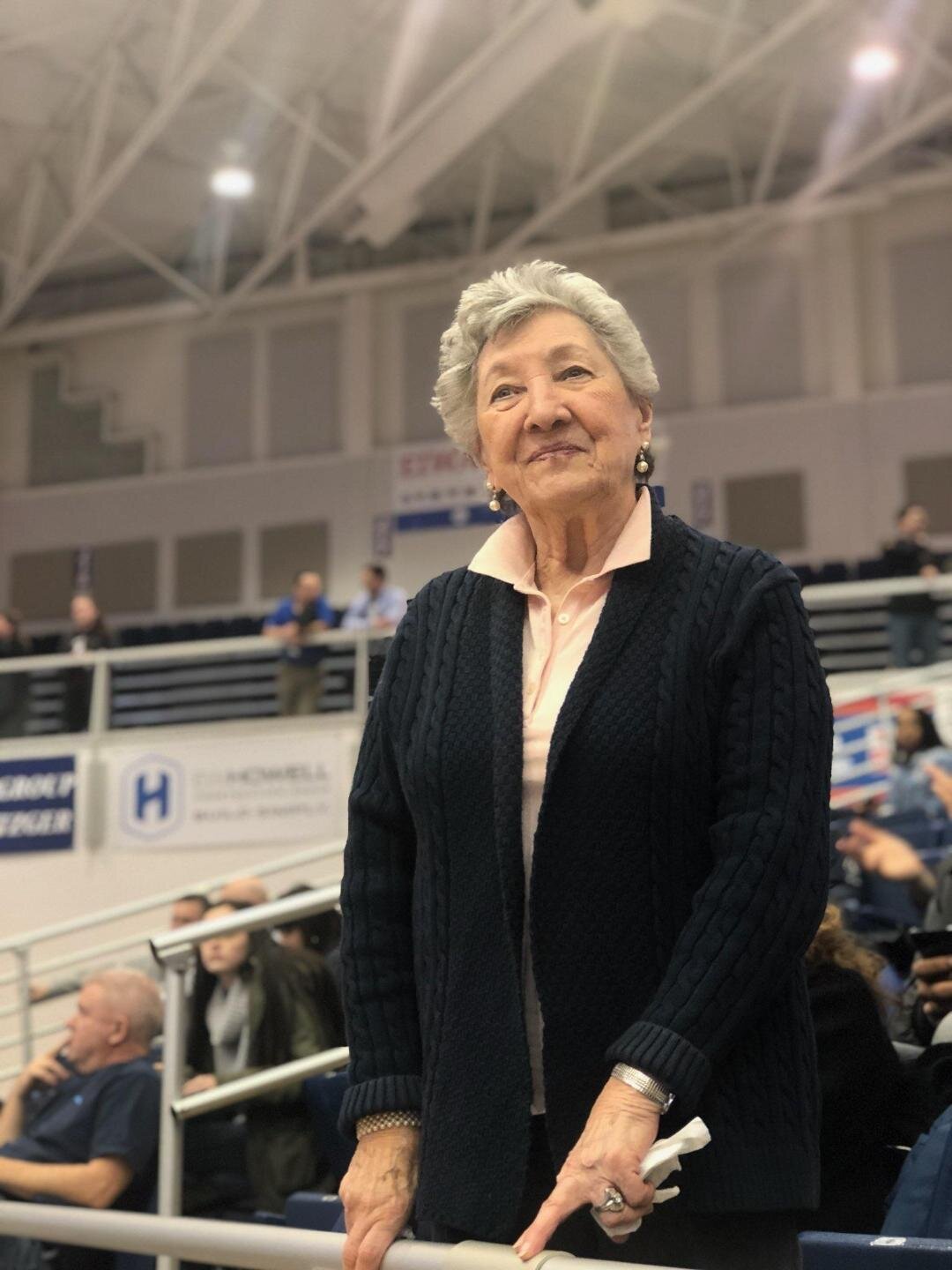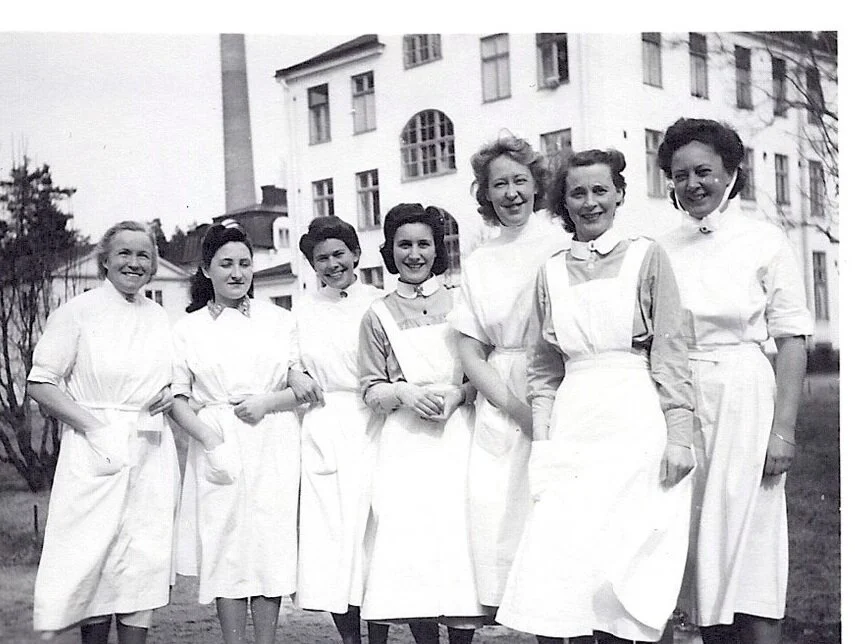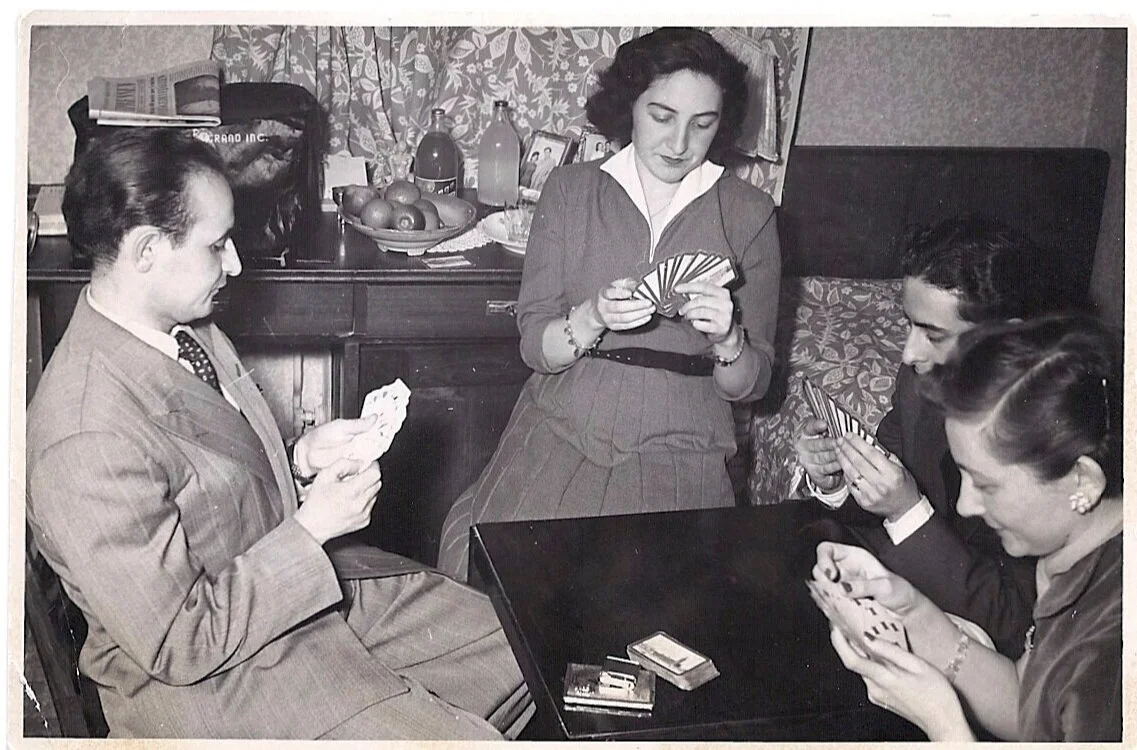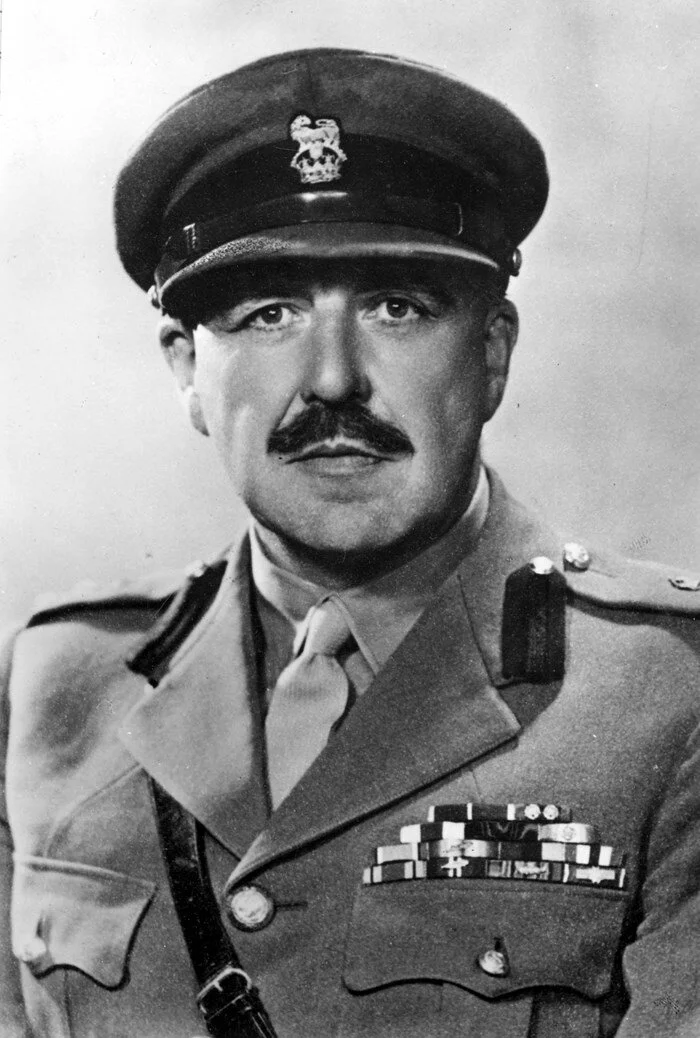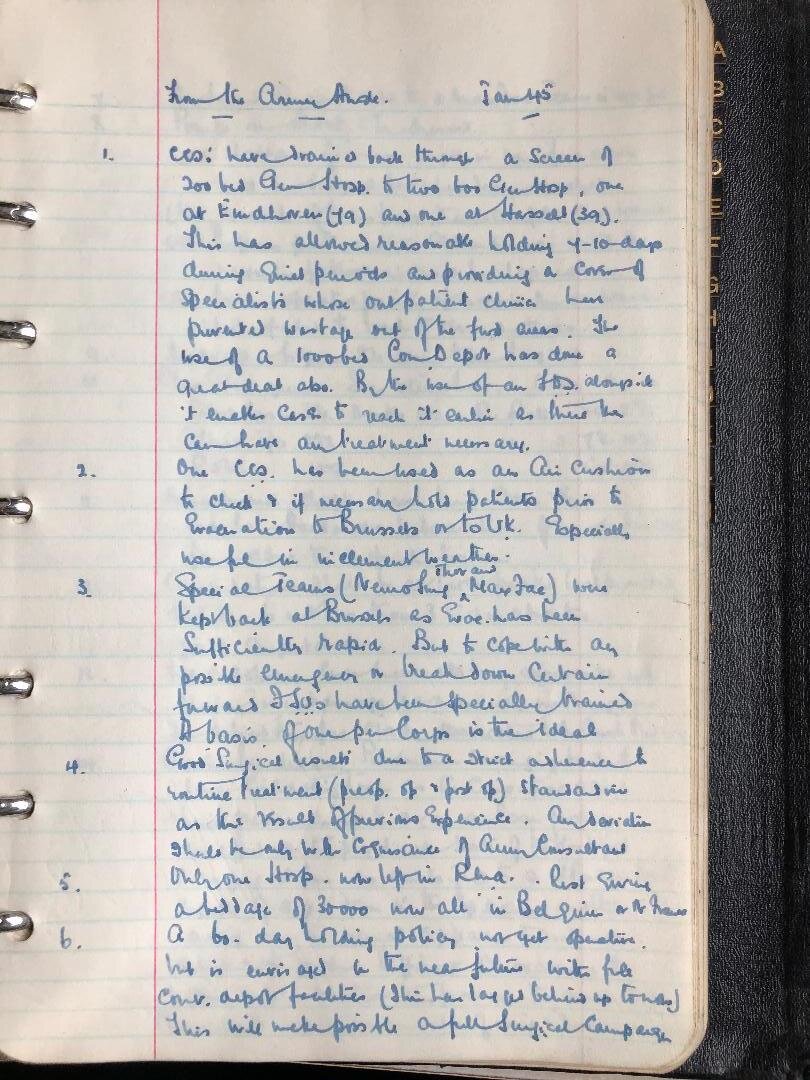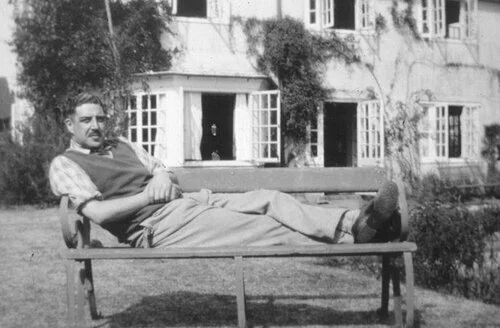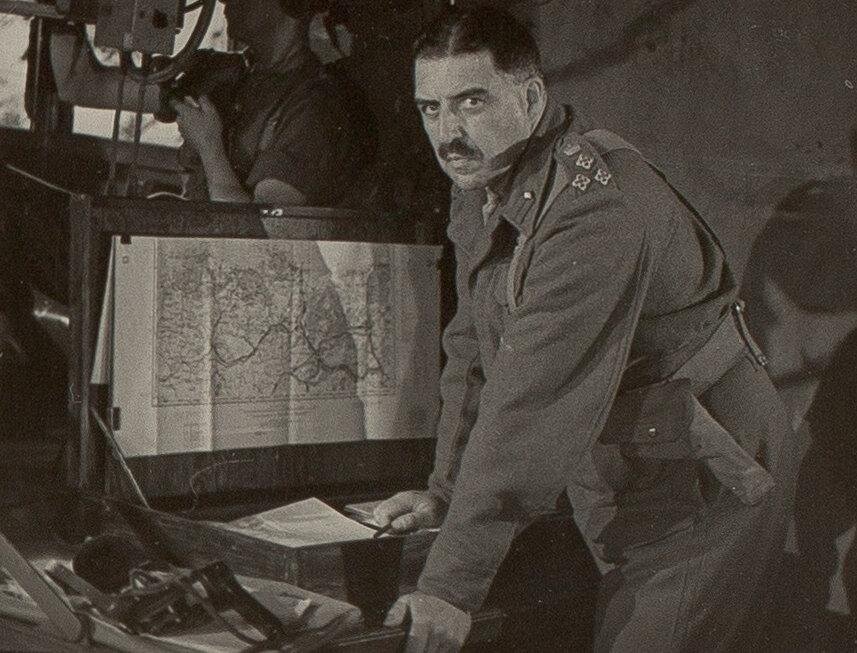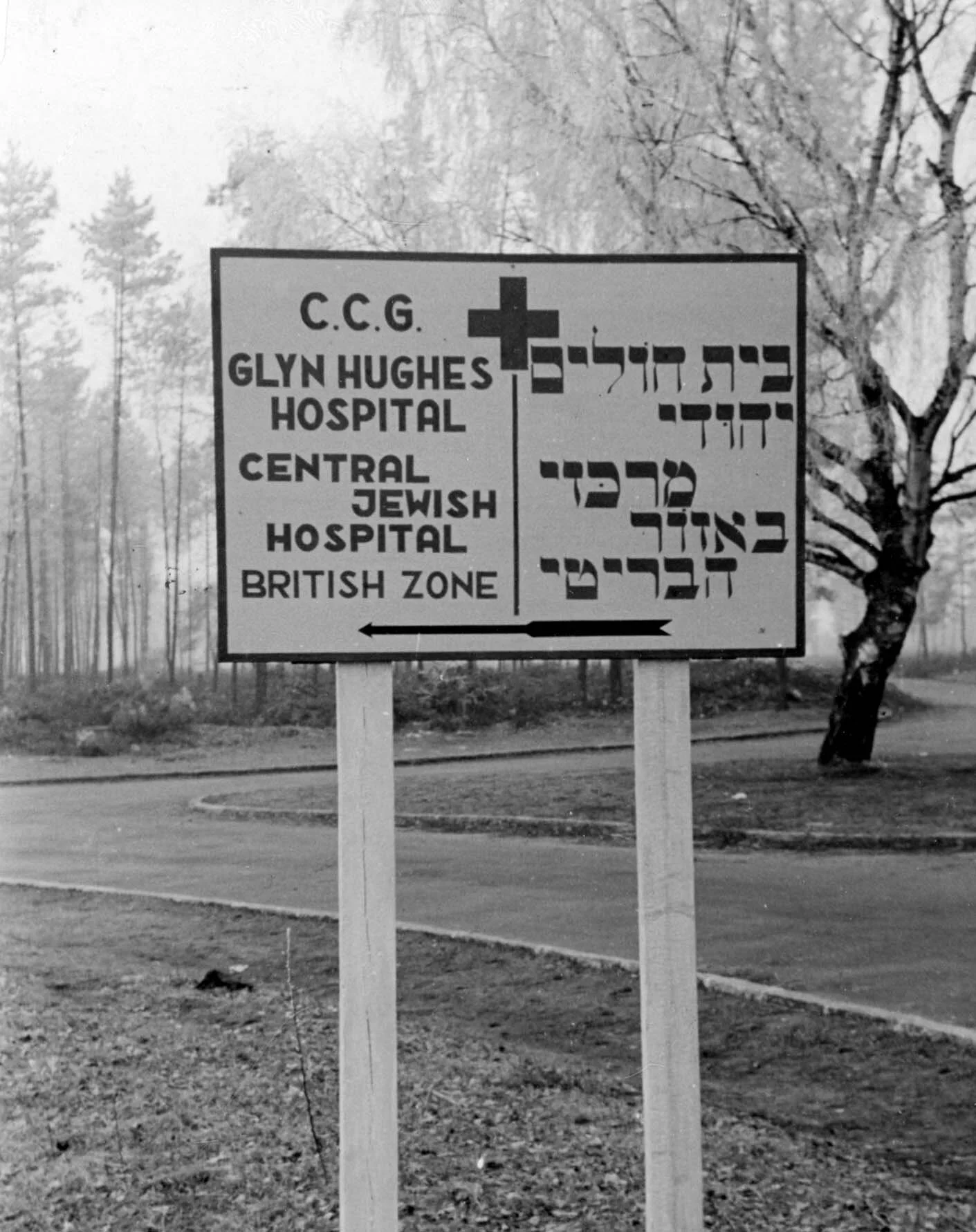Focusing on the journeys of two people whose paths, if not for war, would never have crossed, All the Horrors of War follows Brigadier Glyn Hughes, the British officer who spearheaded relief efforts at Bergen-Belsen, and Rachel Genuth, a teenager from a poor family in Sighet, Transylvania, who would grow up to become author Bernice Lerner’s mother.
Through Rachel’s and Hughes’s interwoven stories, we see the personal fallout for both those being crushed by Hitler’s reign and those who fought their way across Europe to stop him at all costs. We learn why thousands of inmates died after Bergen-Belsen's liberation, how thousands were saved, and what the experience was like for the rescuers. We learn how Hughes carried the knowledge of what he had seen, and Rachel, what she had endured.
The Protagonists of ALL THE HORRORS OF WAR
Rachel Ruth Mermelstein, 2019
The Jewish Girl
Bernice’s mother, Ruth Mermelstein (née Rachel Genuth), was a speaker for the Holocaust Memorial and Tolerance Center (HMTC) of Nassau County. Her story not only raises awareness of the dangers of hatred and prejudice, but also inspires young people of all backgrounds—Ruth was a living example of how it is possible to meet life with hope after enduring extreme hardship and trauma. As of the winter of 2021-2022, Ruth had addressed more than 270 school and other groups. You can see Ruth here, in Newsday, in a piece commemorating the 75th anniversary of the liberation of Auschwitz. In All the Horrors of War you can learn how she navigated the extreme, was saved by the British Second Army, and suffered repeated setbacks while gradually forging a new life.
Rachel Ruth’s testimony for the Arizona Jewish Historical Society is archived here.
Remembering Rachel Ruth Mermelstein: Sadly, Rachel Ruth died on October 16, 2022, one week after her 93rd birthday. Her obituary in Newsday can be found here.
Elisabeth and Mike Pelta (Rachel’s sister and brother-in-law) and Rachel, Sweden, 1953.
Ruth Mermelstein, honored at Hofstra Hillel’s Jewish Heritage Night basketball game (Hofstra vs. Charleston). (David S. Mack Sports and Exhibition Complex), February 13, 2020.
Rachel (second from left) with operating room personnel at Soderby Sjukhus (South Village Hospital), Sweden, 1947. (See Epilogue in All the Horrors of War for an unforgettable operating room scene.)
Ruth with students from Brentwood High School. From “Holocaust Survivor Shares Courageous Story with Students at Brentwood Freshman Center” by Jake Mendlinger, Patch Contributer. April 2, 2019.
Rachel (second from left) practicing for a bridge tournament, 1953. (Rachel and her partner won first place in a hundred-person tournament.)
Ruth with the pastor and students of Our Lady of the Miraculous Medal Church, Ridgewood, Queens, November 3, 2019
H. L. Glyn Hughes. Credit: Yad Vashem
The British Doctor
In All the Horrors of War Bernice juxtaposes her mother’s story with that of Hugh Llewelyn Glyn Hughes, the military leader responsible for leading rescue efforts at Bergen-Belsen. With what experiences and set of lenses did Hughes enter the largest Nazi concentration camp in Germany? The reader will learn not only what Hughes brought to the ineffable situation, but also about his humanitarian stance toward the “other,” the victim of Nazi brutality. Did Hughes lay eyes on Rachel? We will never know. But there is much to the story of this “man of courage,” who chose to act according to the dictates of his conscience and at times against official policy.
“From the Army Angle,” a page from H. L. Glyn Hughes’s diary, January 1945. Among traits a graphologist might discern in the brigadier’s handwriting: creativity, practicality, generosity, humility, reserve, and integrity. And that he did not suffer fools gladly.
Credit: Museum of Military Medicine, UK
Glyn Hughes between the wars. Credit: Epsom College
Credit: Museum of Military Medicine
Glyn Hughes and Josef Rosensaft, president of the World Federation of Bergen-Belsen survivors (Israel, 1960s).
Glyn Hughes. Credit: Epsom College
1944. H. L. Glyn Hughes, second from left. Richard O'Connor, 8 Corps Commander, front row, right. At Worth Priory, West Sussex--a place of intelligence gathering and planning for the Normandy landing. Courtesy of the Abbott and Trustees of Worth Abbey/the Worth School.
Survivors who witnessed Glyn Hughes’s caring and compassion named the 13,000-bed hospital at Bergen-Belsen for him.
Credit: Yad Vashem
Glyn Hughes Hospital
